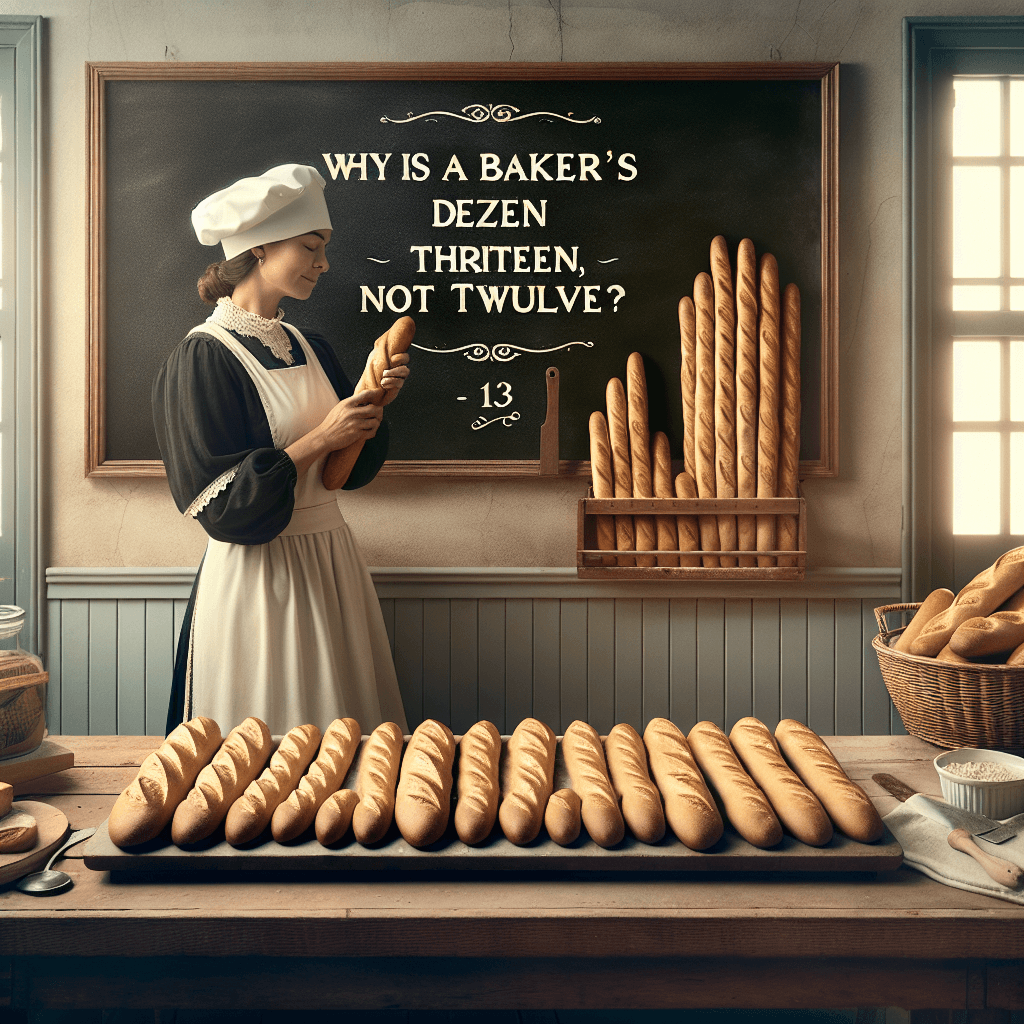Why was whistling on Sundays once illegal in parts of Canada
Forget noisy neighbours; imagine a time when a simple Sunday whistle could land you in actual legal trouble in parts of Canada! Discover the surprising, and sometimes strict, reasons behind this peculiar piece of historical law.


Too Long; Didn't Read
TLDR: Sunday whistling was once illegal in parts of Canada due to strict Sabbatarian laws ensuring Sundays were for solemn religious observance, not frivolous activities.
The Curious Case of Silent Sundays: Why Was Whistling Once Illegal in Parts of Canada?
Imagine strolling down a quiet street on a Sunday, a cheerful tune on your lips, only to be told to stop – or worse, face a penalty. It sounds like a scene from a bygone, overly strict era, yet for some Canadians, this was a reality. The notion that whistling on Sundays was once illegal in parts of Canada might seem bizarre today, but it’s a fascinating window into the country's social and legal past. This blog post will explore the historical context and religious underpinnings that led to such peculiar prohibitions, revealing why a simple whistle could be considered an offense.
The Foundation: Sabbatarianism and The Lord's Day Act
To understand why whistling on a Sunday could be frowned upon, and even legally restricted, we need to delve into the concept of Sabbatarianism. This is the religious belief, predominantly within certain Christian denominations, that Sunday (or Saturday, for some) should be strictly observed as a day of rest and worship, free from secular work and worldly pleasures.
In Canada, this principle was enshrined in law through measures like the Lord's Day Act, passed federally in 1906. This Act, and various provincial and municipal counterparts or predecessors, aimed to prevent most commercial activities, paid labour, and many forms of public entertainment on Sundays. The goal was to preserve the sanctity of the Sabbath.
- Core Idea: Sunday was for God, rest, and quiet contemplation.
- Restrictions: This often meant no shopping, no professional sports, and no noisy or disruptive activities.
While the Lord's Day Act itself might not have explicitly itemized "whistling" as a federal offense, its spirit heavily influenced local bylaws and social norms, particularly in communities with strong religious convictions.
Why Whistling? The Perceived Disruption of Solemnity
So, why would a seemingly harmless act like whistling be targeted? The reasons lie in how such an activity was perceived within a Sabbatarian framework:
A Breach of Solemnity
Whistling is often associated with lightheartedness, casualness, and even idleness. In an environment where Sunday was meant for solemn religious observance and quiet reflection, a cheerful, carefree whistle could be seen as:
- Frivolous: Contradicting the serious nature of the day.
- Disruptive: Potentially disturbing the peace of others trying to observe the Sabbath quietly or attend church services.
- Worldly: A reminder of weekday activities and pleasures, rather than spiritual matters.
Public Order and Decorum
In an era that often placed a higher emphasis on public decorum, especially concerning religious observances, whistling in public on a Sunday might have been considered unseemly or disrespectful. It could fall under broader, vaguely defined local ordinances related to maintaining public order or preventing "nuisances" on the Lord's Day. Historical accounts from various regions with strong Puritan or Sabbatarian influences often mention prohibitions against "unseemly noises" or conduct unbecoming of the Sabbath.
Not Always a Specific Law, But a Local Interpretation
It's important to note that a nationwide, explicit ban on "whistling on Sundays" is unlikely. Instead, such prohibitions were more often:
- Local Bylaws: Enacted by individual municipalities or towns reflecting the dominant religious sentiments of that community.
- Interpretations of Broader Laws: Whistling could be considered a violation of broader Sabbath-breaking laws that prohibited "disorderly conduct" or activities deemed inappropriate for a day of rest.
These local interpretations meant that what was forbidden in one town might have been tolerated in another, leading to the "parts of Canada" qualifier.
The Decline of "Blue Laws"
The strict Sabbatarian laws, often referred to as "blue laws," began to wane in the mid-to-late 20th century. Several factors contributed to this shift:
- Growing Secularization: Society became more religiously diverse and secular, with fewer people adhering strictly to Sabbatarian principles.
- Changing Social Norms: Attitudes towards leisure and Sunday activities evolved. People increasingly saw Sunday as a day for family, recreation, and personal pursuits, not solely for religious observance.
- Legal Challenges: The Lord's Day Act was famously challenged and ultimately struck down by the Supreme Court of Canada in 1985 (R. v. Big M Drug Mart Ltd.), which ruled that it infringed on freedom of conscience and religion, as it imposed a Christian viewpoint on a multicultural society.
With the decline of these overarching laws, specific and often peculiar local ordinances, like potential whistling prohibitions, naturally faded into obsolescence or were formally repealed.
Echoes of a Quieter Past
The idea that whistling on a Sunday was once illegal in parts of Canada serves as a curious reminder of a time when religious principles were more overtly woven into the fabric of public law and daily life. While such a restriction seems almost comical by today's standards, it underscores the profound influence of Sabbatarianism on Canadian society and how local communities sought to uphold their vision of a proper Lord's Day. It’s a fascinating glimpse into how social values and legal landscapes can transform over generations, leaving behind peculiar historical footnotes that tell a larger story about cultural evolution.
More Articles

Why are barber poles striped red, white, and sometimes blue?
Ever wonder why barber poles sport those iconic red, white, and sometimes blue stripes? The answer is more fascinating (and a bit gory!) than you might think, harking back to a time when barbers did much more than just cut hair.

Why is a baker's dozen thirteen, not twelve?
That extra roll isn't just generosity; uncover the surprising, and surprisingly strict, historical reason why a baker's dozen is thirteen, not twelve.

Why is there a tiny arrow on most car fuel gauges?
That tiny, often-overlooked arrow on your car's fuel gauge isn't just decoration; it's a surprisingly simple secret that could save you from gas station guesswork.